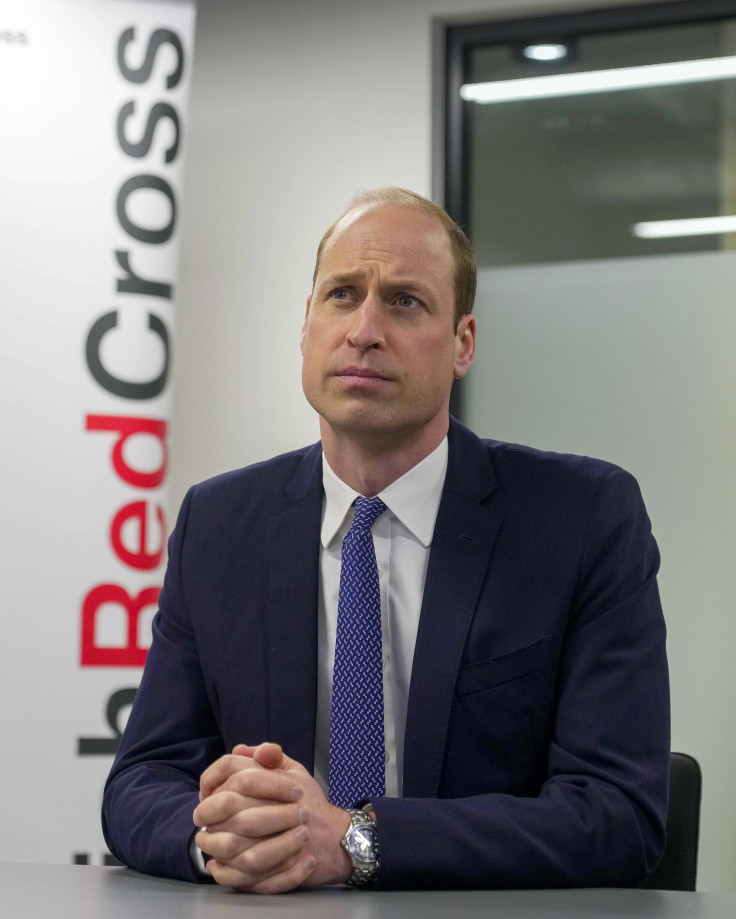
The Israeli government has responded with a stern condition to Prince William's call for "an end to the fighting" and for humanitarian support for Gaza.
In a rare political statement released on Tuesday, Feb. 20, the Prince of Wales said that he remains "deeply concerned about the terrible human cost of the conflict in the Middle East since the Hamas terrorist attack on 7 October".
He noted that "too many have been killed" and shared that he, "like so many others, want to see an end to the fighting as soon as possible". The future king also pointed out the "desperate need for increased humanitarian support to Gaza", saying it is "critical that aid gets in and hostages are released".
"Sometimes it is only when faced with the sheer scale of human suffering that the importance of permanent peace is brought home. Even in the darkest hour, we must not succumb to the counsel of despair. I continue to cling to the hope that a brighter future can be found and I refuse to give up on that," the 41-year-old concluded his statement.
A statement from The Prince of Wales pic.twitter.com/LV2jMx75DC
— The Prince and Princess of Wales (@KensingtonRoyal) February 20, 2024
In response, Israeli government spokesman Eylon Levy said that a ceasefire in Gaza relies on Hamas' decision to release its captives.
He said in a statement quoted by GB News: "Israelis of course want to see an end to the fighting as soon as possible, and that will be possible once the 134 hostages are released, and once the Hamas terror army threatening to repeat the October 7 atrocities is dismantled."
Levy continued: "We appreciate the Prince of Wales' call for Hamas to free the hostages. We also recall with gratitude his statement from October 11 condemning Hamas's terror attacks and reaffirming Israel's right of self-defence against them."
The conflict in Gaza started last October after Hamas terrorists burst into southern Israel and killed thousands and captured 253 hostages, in what King Charles III called "barbaric acts of terrorism". In response, Israel launched a ground offensive into Gaza aimed at destroying Hamas and releasing the hostages.
Today marks the first of two visits over the next few weeks to hear more about the human impact of the ongoing conflict in the Middle East.
— The Prince and Princess of Wales (@KensingtonRoyal) February 20, 2024
Beginning this afternoon, to hear about those supporting the humanitarian response.
Understanding how the @BritishRedCross is providing vital humanitarian aid to those affected by the conflict in the Middle East. Staff and volunteers continue to work day and night to bring life-saving assistance and medical treatment to those who need it most. pic.twitter.com/7OjEQF7zeF
— The Prince and Princess of Wales (@KensingtonRoyal) February 20, 2024
In his announcement, Prince William also shared that he will conduct two visits to "hear more about the human impact of the ongoing conflict in the Middle East" and to learn more about "those supporting the humanitarian response". His first stop on Tuesday was at the British Red Cross to understand its work in "providing vital humanitarian aid to those affected by the conflict in the Middle East." He noted that "staff and volunteers continue to work day and night to bring life-saving assistance and medical treatment to those who need it most".







